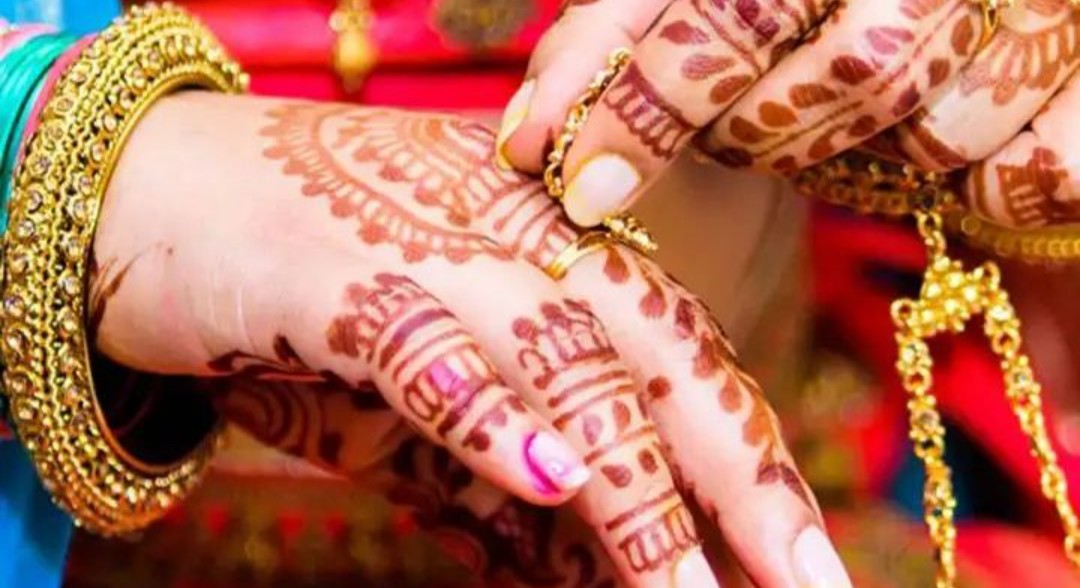Srinagar: Rafiya Bano (name changed), a resident of West Bengal’s Murshidabad was 18 when an agent told her parents she would be married with a young Kashmiri and in a well-off family. But once brought to Kashmir, she was forced to marry a Srinagar man who was 45-years-old.
“I married this man three years ago. I was new to this place and totally a stranger. Whatever I was told, I accepted. I came to know that the person whom I am married did not find local bride as he has some mental illness,” she told news agency Kashmir Indepth News Service (KINS).
This is not an isolated case. There are dozens of non-local brides who have been married to old people or persons with disabilities in Kashmir.
Rukhsana Jan, a resident of Bihar married to an old man two years before in south Anantnag.
A friend of Rukhsana’s uncle approached her family and showed them a picture of a young and handsome Kashmiri boy as their daughter’s prospective groom.
“I was told this person is a businessman and will keep me happy. When I arrived in Kashmir I was shocked. They told me that I have to marry a man who seemed then 40, and has a big lump on his back which has made him unattractive to local girls,” she said, who is now 21.
The brides are pushed into these marriages because of poverty, trafficked in a sense by the agents in many cases because they are lured by false promises.
An agent, who wished not to be named, said most of the non-local girls who are being brought to Kashmir are from impoverished Muslim families of states like West Bengal, Bihar and Uttar Pradesh.
“We get these girls with the consent of their families who are struggling to get two times meals,” he said.
The United Nations defines Trafficking in Persons as the recruitment, transportation, transfer, harbouring or receipt of persons, by means of the threat or use of force or other forms of coercion, of abduction, of fraud, of deception, of the abuse of power or of a position of vulnerability or of the giving or receiving of payments or benefits to achieve the consent of a person having control over another person, for the purpose of exploitation.
The purpose of the human trafficking as per National Crime Records Bureau (NCRB) is forced labour, sexual exploitation for prostitution, domestic servitude, organ trade, and forced marriage.
As per the NCRB figures, 2465 human trafficking cases were reported in India during 2018 involving 5788 victims.
However, only one case as per these figures has been registered in Jammu and Kashmir.
A senior official of J&K police give varied reasons why human trafficking cases are not getting reported.
“In Kashmir forced marriages take place because the practise has social acceptance. Nobody is complaining about these marriages as family of a girl is getting handsome money and they are being brought to Kashmir with their concurrence,” the official said.
“You will find non-local brides in every area in Kashmir but nobody will speak on their behalf,” the official added. (KINS)

